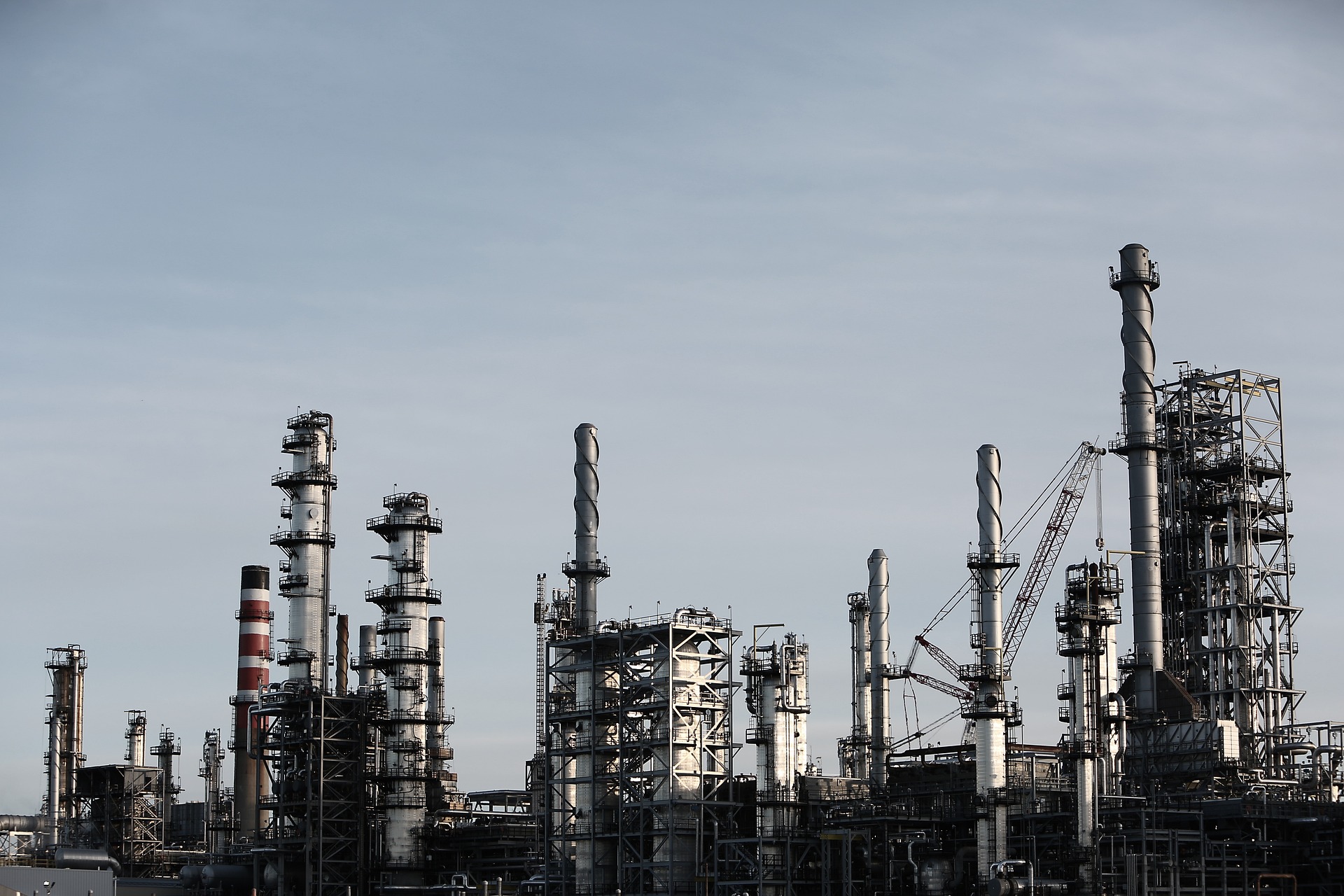An LNG Export Plant Would Be Disastrous For Chester, And The Region

Right under our noses, plans for a new liquified natural gas (LNG) plant and export terminal are taking shape in Chester. The $6.4 billion project would make Chester the latest target of the powerful and profit-driven natural gas industry, and expose Chester residents to dangerous air pollutants and environmental health impacts. Chester residents are telling their elected officials – this polluting project is wrong for our city and our future.
The Pennsylvania Department of Environmental Protection (DEP) classifies Chester as an Environmental Justice (EJ) area, a designation based on 20 percent or more individuals living at or below the federal poverty line, and/or 30 percent or more of the population identifying s as a non-white minority. Chester is also identified as a “disadvantaged community” – one that is marginalized, underserved, and overburdened by pollution – by the Biden administration’s Climate and Economic Justice Screening Tool. The city meets six out of eight categories of criteria – only one has to be met for the designation. One of the categories Chester meets is legacy pollution due to its proximity to sites with known or threatened releases of hazardous substances, pollutants, or contaminants, and to facilities using extremely hazardous substances. The city’s low median income and high unemployment and poverty rates contribute to the designation as well.
Despite these vulnerability factors, New York-based firm Penn American Energy LLC has decided that Chester’s waterfront is its preferred site for its terminal, targeting a warehouse complex situated on the Delaware River less than a mile north of Subaru Park. The site would produce highly polluting and climate change contributing LNG from gas fracked in Pennsylvania and serve as an export terminal to ship the gas to other countries. All the while, it would further pollute the city of Chester, negatively impact the health of Chester residents, and add to a legacy of environmental racism and injustice.
In its publicity campaign to garner local support, Penn America claims that the facility will bring more than 4,000 construction jobs to Chester while increasing city and state tax revenues. Chester Mayor Thaddeus Kirkland has stated that LNG would be a “financial boon” for the city. But Penn America and Mayor Kirkland fail to consider the immense adverse impacts the project would have on a community already facing serious environmental health and quality of life burdens. If an LNG plant and terminal comes to fruition in Chester, it would bring detrimental impacts on the residents’ health and quality of life, already ravaged by the cumulative impacts of two major waste incinerators and a number of other industrial facilities, and decades of environmental racism.
Adding another major source of pollution in an already overburdened black community is reprehensible. Furthermore, the outputs of the Penn American plant would be shipped to foreign countries, continuing to fuel the world’s reliance on dirty energy, while providing no material benefit for the hosting community. The construction of the plant does not guarantee sustained job growth. The volatile LNG market could all but dissipate by the time the terminal is up and running, leaving residents once again economically burdened in a city overcome with pollution.
In an attempt to distort arguments against the project, Penn America has promised to minimize greenhouse gas emissions from the site and to power it with electricity and renewable energy. It’s a promise that will be difficult to keep, as the liquefaction process to produce LNG requires a substantial amount of energy and is most commonly powered by the natural gas itself – most facilities use 8-10 percent of the supply to power the operations.
The proposed facility is similar to another proposed LNG plant in Wyalusing, PA, just northwest of Scranton. The Wyalusing LNG production plant would have been allowed to emit more than a million tons of climate-polluting greenhouse gasses every year, as well as hundreds of tons of noxious air pollutants that would have harmed the local community. However, it was successfully derailed by concerned community members with the help of environmental groups, including the Clean Air Council.
The proposed LNG plant in Chester can and must be stopped as well. While disguised as an economic necessity for Chester, the LNG terminal would be yet another example of a community of color being exploited by the fossil gas industry to line the pockets of an out of state corporation. Mayor Kirkland and Chester’s elected officials must acknowledge that an LNG terminal is misguided and a threat to the future of the community. Chester’s elected officials must adopt an economic development plan for the city that prioritizes environmental health and justice, and does not rely on more harmful polluting facilities.
Joseph Otis Minott is the Executive Director and Chief Counsel of Clean Air Council

